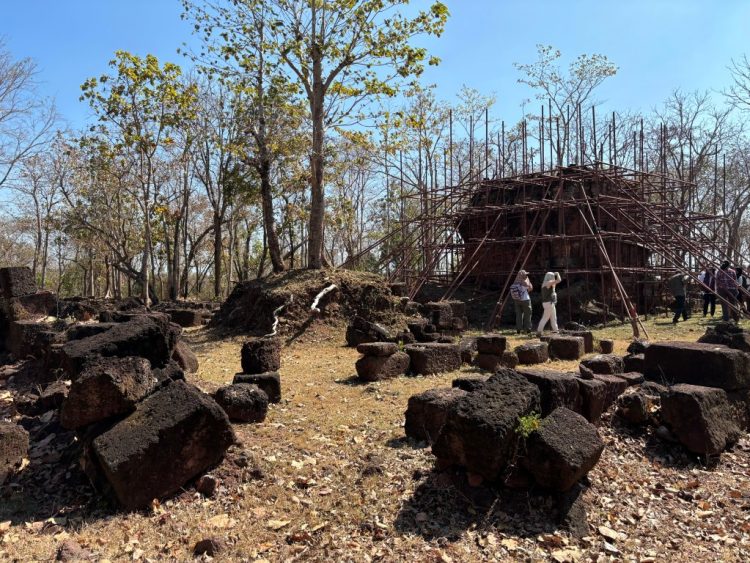via CO-OP blog, 06 June 2024: PhD candidate Zainab Tahir examines the complexities of ownership and preservation of artifacts from shipwrecks and looted sacred sites. It highlights issues like economic interests, national laws, and international politics that overshadow heritage conservation. The contentious restoration of artifacts, such as the Plai Bat temple statues and Song Dynasty ceramics, underscores the need for respectful and knowledgeable preservation methods.
Further consideration is required of Southeast Asian’s ‘shared heritage’ in relation to the afterlife of UCH. Shared heritage was introduced as an approach to address cultural connections among countries or people that have arisen from their colonial histories.5 Conserving elements from the colonial period as a means of preserving shared heritage aims to negotiate any counterpoints, contestations, resistance, and conflict that may arise, as well as promote connections. Therefore, commercialised UCH does not currently retain a transnational ‘shared heritage’ of both the vendor and the purchaser unless the new owner shares historical connectivity with the objects. In the case of the Belitung shipwreck in Singapore, it is difficult to fully use the term ‘shared heritage,’ judging from the origin of this term and the commercial background of this collection. However, if we look at the term heritage as something that is also inherited in the future and the contemporary context of the objects as part of their biography, this term may intersect with the collections. UCH are collections of objects that change meaning across boundaries and have a place in broader geopolitical developments. If UCH is delineated as ‘shared heritage’, do countries or communities with historical connections to salvage UCH have equal positions to manage? Maybe we can consider the concept of ‘shared responsibility to manage’ as fostering a mutual responsibility and wider access to audiences for heritage appreciation. Do certain claimants to ‘shared heritage’ have rights to the objects which might overwrite the purchaser or like-owner? This question opens the door for contestation of commercially salvaged UCH. For example, contested seas in the South China Sea along with their shipwrecks and cargoes are now political agents in historical claims, that question long established maritime boundaries.

























